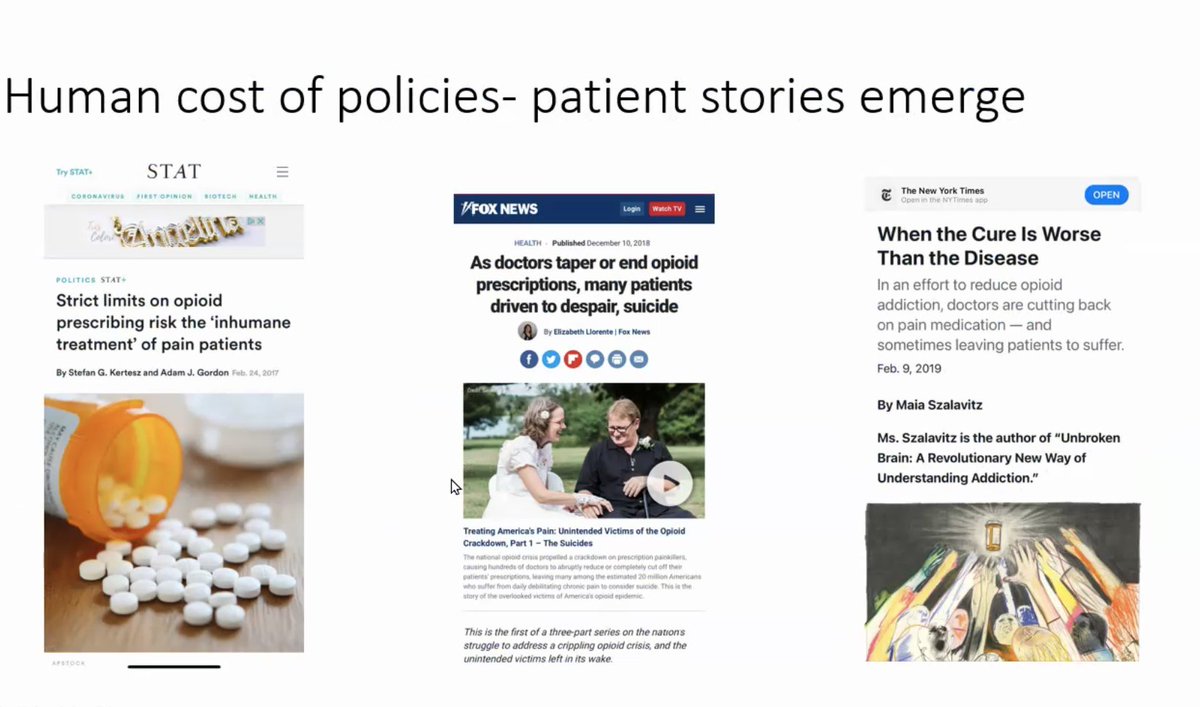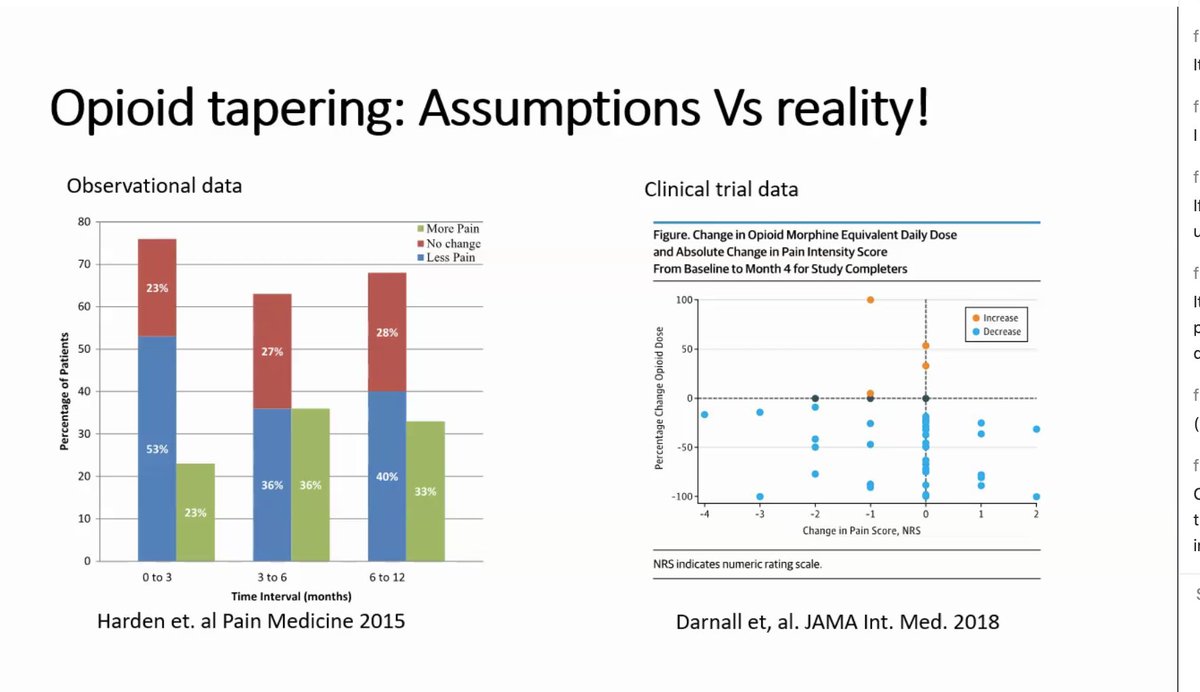
1/In March, @SZKamal and I wrote that the single biggest challenge to averting an #eviction crisis was rapid deployment of the aid appropriated by Congress - today’s @washingtonpost finds the same problem 4 months later washingtonpost.com/business/2021/…
2/As we pointed out then, rapid deployment of funds in compliance with federal law is actually a tough lift- outreach across entire communities and new points of access were and ARE needed al.com/news/birmingha… 

3/Counties and cities should be reporting to the public and the Congress - at least weekly- what dollars have been committed and what ones have not. That is part of accountability
4/They should set aside portions of funds to market even more than many have already done- including to police and sheriffs, to legal counsel. This is the perfect court diversion program - hand money out and prevent the eviction hearings in the first place!
5/Cities or states that engage in large scale evictions from rented hotel space need to recognize that their prior shelters are often insufficient because (a) families can’t use most shelters (b) are traumatic (c) Delta variant viral spread
6/Mayors & County officials: you can make the difference! Demand someone in your office *report to you daily on money allocated & where you can help*
*put your face on TV and social media saying “we have the money for ya’!”
Create Impetus-
Stop the next homeless wave 🌊 NOW /end
*put your face on TV and social media saying “we have the money for ya’!”
Create Impetus-
Stop the next homeless wave 🌊 NOW /end
• • •
Missing some Tweet in this thread? You can try to
force a refresh








